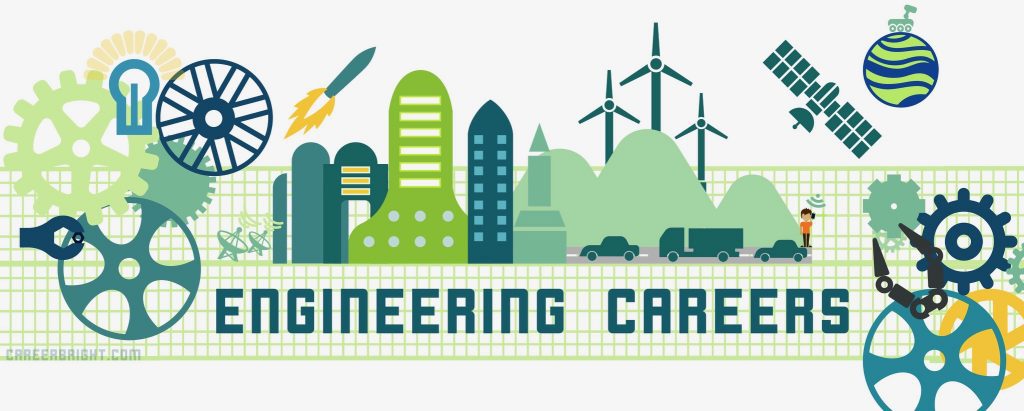Deep tech is becoming popular because it offers clever solutions to complex problems, such as climate change, healthcare disparities, cybersecurity, and inclusive societies. The deep tech industry is growing because of advanced technological innovations, especially in engineering. Many new startups are emerging, each with unique solutions to existing problems. Some jobs will focus on creating platforms for deep tech to succeed, like ChatGPT, while others will digitally transform industries by utilizing technologies such as ChatGPT. The job roles are changing. The top jobs in this field include:
1. Quantum Computing Engineer: They use quantum mechanics to advance computational power.
2. AI Ethicist: They ensure that technological advancements align with our values and society’s well-being.
3. Genomic Data Scientist: They explore genetics for personalized medicine and scientific discoveries.
4. Robotics Architect: They shape automation and intelligent machines to transform industries and enhance human capabilities.
5. Clean Energy Engineer: They develop renewable energy solutions to combat climate change.
6. Cybersecurity Analyst: They strengthen security and protect against cyber attacks.
To address the challenges faced by different industries, a substantial amount of data is necessary. Therefore, the top jobs in this field will involve working with data in various forms, such as:
data engineering,
data analysis,
data science,
or data visualization.
However, data alone is not enough; it requires platforms, cloud systems, distributed systems, or hyper ledger systems to store and utilize the data effectively. Additionally, in the next decade, AI will continue to be a crucial area of focus, creating new job opportunities for professionals who can ethically and responsibly work with data. Alongside AI and data professionals, there will also be an increased demand for:
7. UX designers,
8. front-end and back-end developers,
9. and web developers.
In the rapidly changing deep tech world, it is essential to continuously upskill and have a solid foundation in design and programming, regardless of the language used. Being a good problem solver and having the right mindset is crucial for mastering any technology. Being adaptable to the changing landscape is key to success. Building strong foundations and nurturing meta-skills can help professionals pick up any technology. For example, having critical thinking and problem-solving abilities can enable professionals to learn skills such as
AI/ML,
data science,
cloud computing,
distributed systems,
systems design,
SAP,
blockchain,
and IoT.
Regarding programming languages, having knowledge of OOPs (Object-Oriented Programming) can facilitate learning languages like
Python,
Java,
Angular,
Scala, and others.
With numerous career paths opening up, it is important to stay focused and have clarity about one’s interests and goals. Career transitions and staying updated with skills and technologies take time, so it’s advisable to take small steps. Instead of immediately investing a large amount of money in AI or blockchain courses, it’s better to start with free courses available on the internet. Companies like Google, Amazon, Microsoft, and reputable universities offer blogs and videos freely. This allows individuals to assess their interests and determine if the subject is truly appealing. Once interest is confirmed, they can explore reasonably priced courses on platforms like Coursera or LinkedIn Learning before enrolling in more expensive courses. You can also enroll in a degree program in the associated field.
Lastly, learning remains incomplete without practical application. It’s important to write blogs and work on practical projects that involve design and coding. By following these steps systematically, transitioning to a new role or changing domains or industries becomes much easier with relevant hands-on knowledge.
Regardless of the job, important skills for success in deep tech include being adaptable, skilled in data analysis, machine learning, and data visualization. Understanding algorithms, optimization, cryptography, and the ability to collaborate in interdisciplinary teams will remain invaluable.


